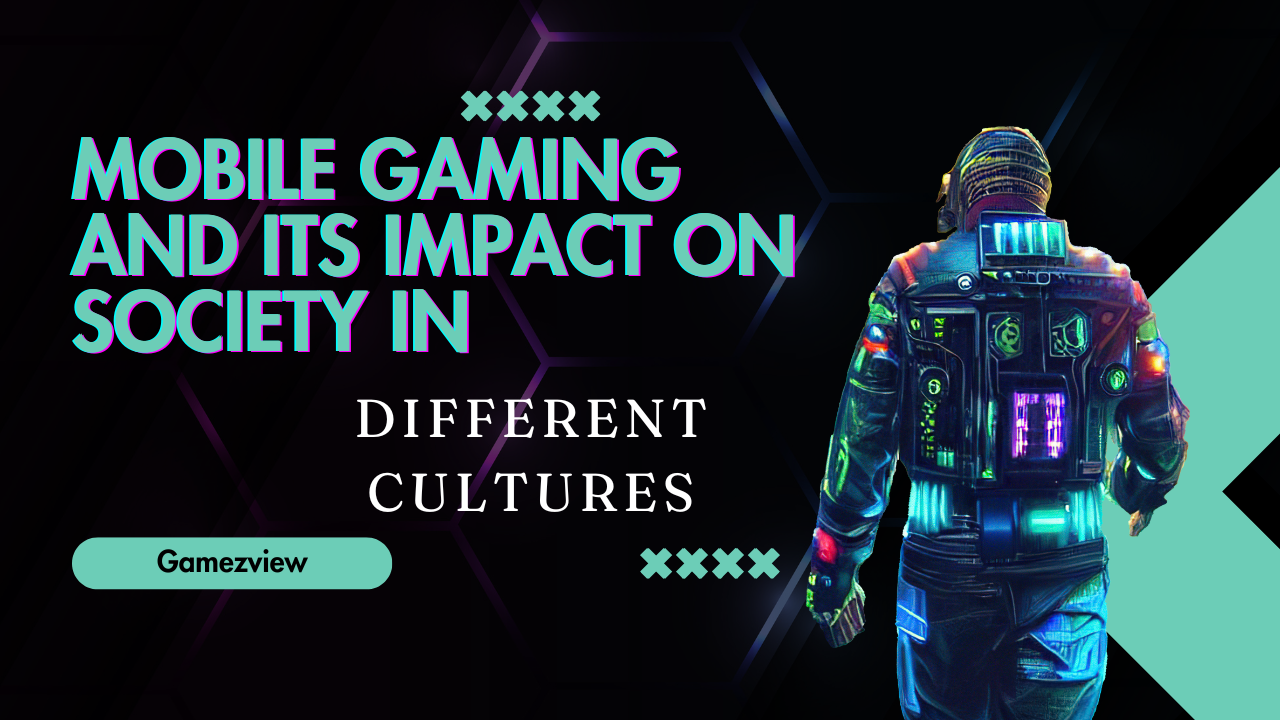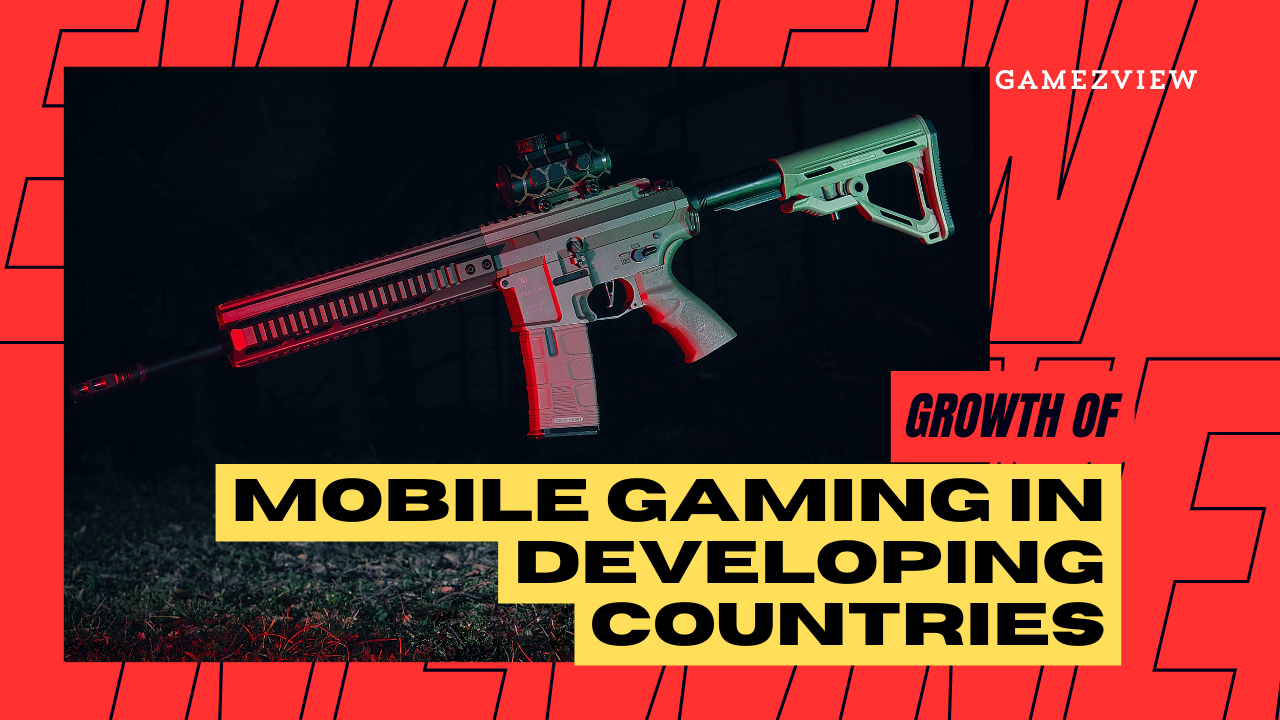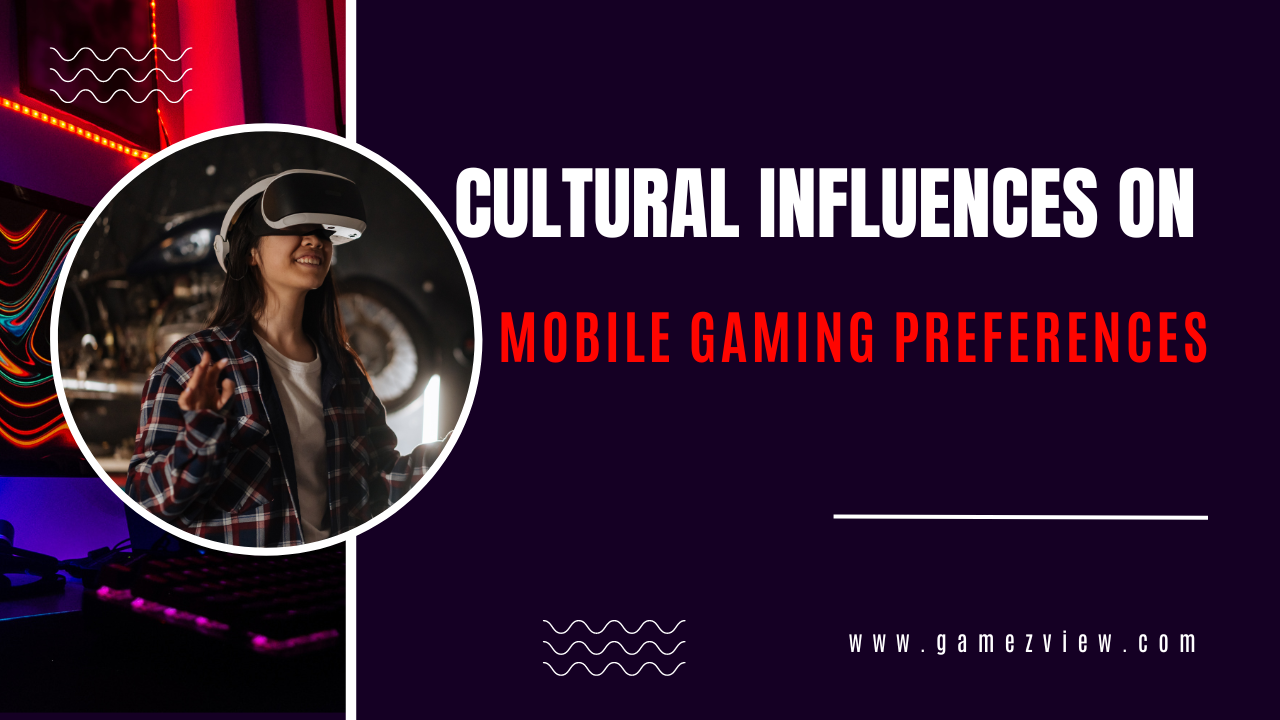Mobile gaming has transcended geographical boundaries to become a global phenomenon embraced by people of all cultures and backgrounds. While the basic concept of playing games on mobile devices remains consistent, the content, preferences, and cultural influences surrounding mobile gaming vary significantly across different regions of the world. This article explores the diversity of mobile gaming experiences in various cultures, highlighting the unique trends, preferences, and impacts on society.
Table of Contents
ToggleMobile Gaming Trends in Different Cultures
1. Asia-Pacific Region
Asia-Pacific is home to some of the most vibrant and dynamic mobile gaming markets in the world. Countries like China, South Korea, and Japan lead the way in terms of game development, innovation, and user engagement. Mobile gaming in this region is characterized by a diverse range of genres, including MMORPGs, MOBAs, and gacha games, with a strong emphasis on competitive gameplay and social interaction. In countries like South Korea, professional esports leagues for mobile games attract millions of viewers and contribute to the mainstream popularity of gaming culture.
2. North America and Europe
In North America and Europe, mobile gaming is influenced by a mix of Western and Asian trends, with a focus on casual gaming, puzzle games, and simulation titles. Popular franchises like Candy Crush, Clash of Clans, and Pokémon GO dominate the market, appealing to a broad audience of casual players and hardcore enthusiasts alike. Mobile gaming in these regions is often seen as a form of entertainment and a way to pass the time, with players enjoying games during commutes, breaks, and downtime.
3. Middle East and Africa
Mobile gaming in the Middle East and Africa is characterized by a growing tech-savvy population and increased smartphone penetration. While traditional PC and console gaming remains popular in some areas, mobile gaming offers a more accessible and convenient alternative, particularly in regions with limited access to gaming consoles or high-speed internet. Games with Islamic themes and local cultural references are gaining traction, reflecting the diversity and unique identity of the region’s gaming community.
4. Latin America
Latin America has emerged as a booming market for mobile gaming, driven by factors such as rising smartphone ownership and improved connectivity. Games with social features and competitive multiplayer modes are particularly popular, allowing players to connect with friends and compete against rivals from around the world. Mobile gaming has also become a cultural phenomenon in countries like Brazil and Mexico, where gaming events and conventions attract thousands of enthusiasts each year.
Cultural Influences on Mobile Gaming
1. Cultural Preferences and Themes
Cultural preferences and themes play a significant role in shaping mobile gaming experiences. Developers often incorporate local customs, traditions, and folklore into games to appeal to regional audiences. For example, games set in historical landmarks or featuring local celebrities are popular in specific regions, creating a sense of cultural identity and pride among players.
2. Social Norms and Values
Social norms and values also influence the content and gameplay mechanics of mobile games. In cultures where collectivism and community-oriented values are prevalent, games that encourage cooperation and teamwork are often favoured. Conversely, in cultures that prioritize individualism and competition, games with leaderboards and competitive modes may be more popular.
3. Regulatory and Legal Considerations
Regulatory and legal frameworks vary across different cultures and can impact the availability and content of mobile games. Some countries impose strict regulations on violence, gambling, and sexual content in games, leading developers to adapt their titles to comply with local laws. Cultural sensitivities regarding religion, politics, and ethnicity may also influence the portrayal of certain themes and characters in mobile games.
The Impact of Mobile Gaming on Society
1. Economic Opportunities
Mobile gaming has created economic opportunities for developers, publishers, and content creators worldwide. The industry generates billions of dollars in revenue each year, driving job creation and innovation in areas such as game design, software development, and digital marketing. In regions with a thriving gaming ecosystem, mobile gaming has become a source of employment and entrepreneurial activity for talented individuals.
2. Social Connectivity
Mobile gaming has the power to connect people across geographical distances and cultural boundaries. Online multiplayer games and social gaming platforms allow players to interact with friends, family, and strangers from around the world, fostering friendships, community, and collaboration. Mobile gaming has become a shared experience that transcends language barriers and unites players in shared goals and challenges.
3. Technological Advancements
Advancements in mobile technology have fueled innovation and creativity in the gaming industry. The powerful hardware and sophisticated software capabilities of modern smartphones and tablets enable developers to create immersive and visually stunning gaming experiences. Augmented reality (AR) and virtual reality (VR) technologies have also opened up new possibilities for immersive gameplay and interactive storytelling, blurring the lines between the virtual and real worlds.
4. Cultural Exchange and Influence
Mobile gaming serves as a platform for cultural exchange and cross-cultural dialogue, allowing players to experience different perspectives and worldviews through games. Developers often draw inspiration from global cultures and historical events, creating games that resonate with players from diverse backgrounds. Conversely, mobile games have the potential to shape and influence cultural attitudes and perceptions, spreading ideas, values, and artistic expressions across borders.
Challenges and Opportunities
1. Localization and Adaptation
One of the key challenges in mobile gaming is localization and adaptation to suit diverse cultural preferences and sensitivities. Developers must carefully tailor their games to appeal to specific markets, taking into account language, cultural references, and regulatory requirements. Successful localization efforts can enhance the relevance and appeal of games to local audiences.
2. Inclusivity and Diversity
Ensuring inclusivity and diversity in mobile games is essential for creating welcoming and inclusive gaming communities. Developers should strive to represent a wide range of ethnicities, cultures, gender identities, and abilities in their games, providing positive role models and inclusive experiences for all players. Embracing diversity can enrich the gaming landscape and foster greater empathy and understanding among players.
3. Ethical Considerations
As mobile gaming continues to evolve, it is essential to address ethical considerations related to privacy, data security, and monetization practices. Developers must prioritize player safety and well-being, implementing robust privacy and security measures to protect user data and prevent exploitation. Transparent monetization models and fair pricing practices can also promote trust and long-term engagement with players.
Celebrating Diversity in Mobile Gaming
Mobile gaming has become a global cultural phenomenon that transcends borders and cultures, enriching the lives of millions of players worldwide. By embracing diversity, inclusivity, and cultural sensitivity, developers can create meaningful and engaging experiences that resonate with players from all walks of life. As mobile technology continues to advance, the future of mobile gaming holds limitless possibilities for innovation, creativity, and cultural exchange.
Let us continue to celebrate the rich tapestry of cultures and perspectives that mobile gaming brings together, fostering connections, inspiring creativity, and uniting players in a shared love for play and adventure.



